"I was in a dark place": How Novak Djokovic nearly quit the sport that he came to dominate
We meet the tennis GOAT who's left the world behind

Get exclusive shortlists, celebrity interviews and the best deals on the products you care about, straight to your inbox.
You are now subscribed
Your newsletter sign-up was successful
You can tell all you need to know about a sportsman’s personality by their Twitter bio. Harry Kane’s is a good example: “Footballer for Tottenham Hotspur and England.” Retirement-defying cricketer James Anderson, on the other hand, wants you to know only who his management is (it’s M&CSaatchiMerlin, if you care). Then there are tennis players. Roger Federer: “Professional tennis player.” Rafa Nadal: “Tennis player.” Juan Del Potro: “Tennis player.” Andy Murray, shifting groundbreakingly into the first-person: “I play tennis.”
But let’s take a moment to get to know Novak Djokovic: “Laugh as long as you breathe, love as long as you live!”
This may sound to you like the sort of throwaway motivational quote your unlucky-in-love ex-schoolmate keeps posting on Instagram, but it is also a telling glimpse into the complex inner psyche of tennis’s current world No1. Because, for Djokovic, it’s no pseudo-philosophical bullsh*t Band-Aid to plaster over a personal crisis. For him, it is both a mantra and a manifesto; and the secret sauce of a newfound meaning of life that this year brought him back from the brink of hanging up his racquet altogether.
“I believe that it is our mission to reach a higher frequency through self-care by exploring and respecting our own avatar, our body and, by doing that, raising the vibration of the planet,” he laughs while also being deadly serious.
If you have no idea what he is talking about, then he is talking to you. “We need to understand that we are connected on more levels than only on the physical,” he explains. “We are connected with each other, with nature, with Earth, with the universe… in an energetical, higher vibrational sense. However you want to comprehend it, I feel like there is a higher order that created all this and all of us and we just have help that we are receiving.”
We’re sitting by the window of a drizzle-streaked river ferry from London’s O2 Arena, where he’s playing in the ATP Finals, to the lavish Marriott County Hall hotel, where he’s staying. His first match is tomorrow, and today he is in high spirits. Though, it is becoming clear he has no interest in talking about tennis. He wants to discuss Transcendence – Live Life Beyond The Ordinary, a new film he’s in that, according to its press release, “takes the viewer on a journey into the ‘self’ like no other docu-series before it”.
“You have this thing called telepathy, right?” he says, “Or this thing called telekinesis, or instinct, intuition. I feel like [these] are the gifts from this higher order, the source, the god, whatever, that allows us to understand the higher power and higher order in ourselves. We have the power to programme our subconscious. To me, [the word transcendence] is about transcending from a kind of a lower physical vibration to a higher vibration of understanding who we really are.”
Get exclusive shortlists, celebrity interviews and the best deals on the products you care about, straight to your inbox.

It is safe to say that nobody understands who Novak Djokovic really is better than Novak Djokovic himself. He is very comfortable in his own avatar.
You would be too if you’d just won your fourth Wimbledon title, your third US Open title and, in doing so, your 14th Grand Slam, equalling Pete Sampras as the third-most decorated Grand Slammer in history. Not only is he also the only male tennis player since Rod Laver to win all four Majors in a row, but this August he also became the only man in history to win all nine ATP World Tour Masters 1000 tournaments (neither Nadal nor Federer have done either).
It is all the more astonishing when you consider that, last February, he came to within a Hawk-Eye’s call of quitting the sport altogether. “I was in quite a dark place,” he says. “I lost in two tournaments in the first round, and, mentally, I was questioning whether I wanted to play tennis.”
His breathtaking collapse began a month after winning the French Open in 2016. First, he found himself at the sharp end of one of the biggest upsets in Wimbledon history, losing in the third round to 28th-seed Sam Querrey. He then crashed out of the Rio Olympics in the first round, leaving the court in tears, was humiliated in the subsequent US Open final and, following that, couldn’t make it past the quarter-finals of any Major. Then an elbow injury sidelined him for the rest of the 2017 season and he found himself staring down the barrel of every sportsman’s worst nightmare. “It feels like the walls are closing in on you and you feel suffocated,” he admits.
“I like to encourage people to act, to look into liberating themselves more, explore their superpowers. It doesn’t matter whether you are successful in the eyes of society or not: you hold the power in your hands.”
What happened? Simple: he learned to laugh and to love again, just like it says on Twitter. “I felt like I had to get back to nature to reconnect,” he says. “I went on holiday with my family and, one day, while I was having a snooze on the beach, I suddenly felt a new wave of energy coming in and I reset. It really was as simple as that.”
Spiritualism isn’t new to Djokovic – he’s been toying with it since 2010, when an embarrassment of punishing defeats led to a diagnosis of dairy, gluten and refined sugar intolerances. Unsatisfied with popular medicine, he sought the advice of a quantum healer – a practitioner of a controversial form of medicine that relies on quantum physics to diagnose ailments – who made him purge his diet of all things animal, glucose and gluten. It worked (along with a range of other remedies including use of a hyperbaric chamber). His veganism is well-publicised. But please, just don’t call him that.
“I don’t like to say vegan because then people might say, ‘Oh you’re an activist,’” he says. “We live in a society where labels are constantly being used and they come with baggage. I don’t like to preach because I never liked being preached at. All I know is that changing to a clean, plant-based wholefood diet changed my life.”
Now, among other soulnourishing health hacks, he drinks raw celery juice every morning, meditates for an hour a day and keeps a gratitude journal. “I am grateful for many things,” he says, “but most of all that I have this opportunity to continue my evolution as a human being on this planet. I’m grateful for all the emotions and experiences I’ve had, good and bad, because it’s all part of the journey.”

Now, he says he wants to “keep on exploring the possibilities of [his] existence on this planet”, as a player and a human being. “I believe that there is a whole world that is non-physical that we don’t know much about,” he says. “We don’t know what we’re capable of, because I really believe we can do all the telepathy and telekinesis stuff.”
It’s easy to dismiss Djokovic’s talk of untapped brainpower as silly superstition. But then, it’s impossible to deny there is something superhuman about what he can do with a racquet and ball – a level of instinct that bypasses conscious thought.
“Tennis is my love,” he says. “But I want to use it as a platform to make a positive difference. I know some people might say, ‘He’s a tennis player, what does he know about food or love or meditation or spirituality or science?’ But I am attracted to all that. [And] I like to share so many things. I like to encourage people to act, to look into liberating themselves more, explore their superpowers. It doesn’t matter whether you are successful in the eyes of society or not: you hold the power in your hands.”
No question, the Djokovic here today is a different man to the lost soul who wept upon crashing out of the Olympics. “In many ways I am a different man,” he reflects. “I love tennis with all my heart, but you can’t take trophies to your grave.”
Most newsletters are rubbish. Ours isn't
Get exclusive shortlists, celebrity interviews and the best deals on the products you care about, straight to your inbox.
(Images: Getty)